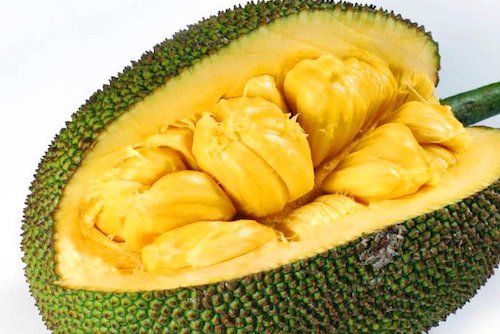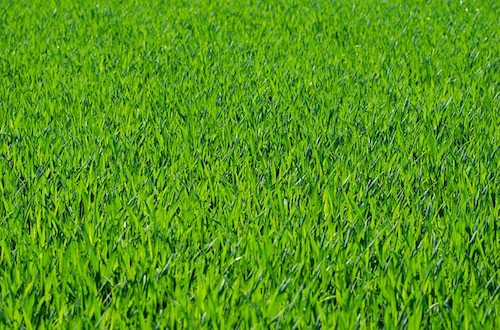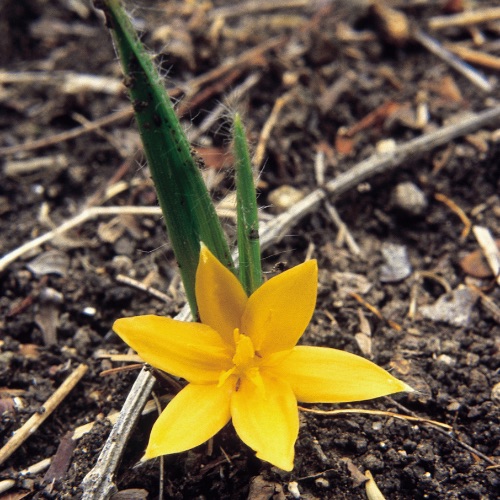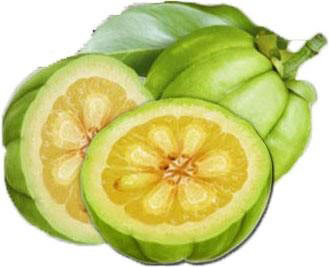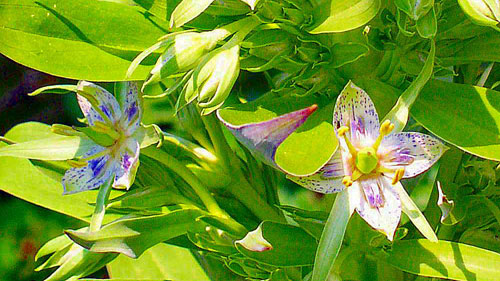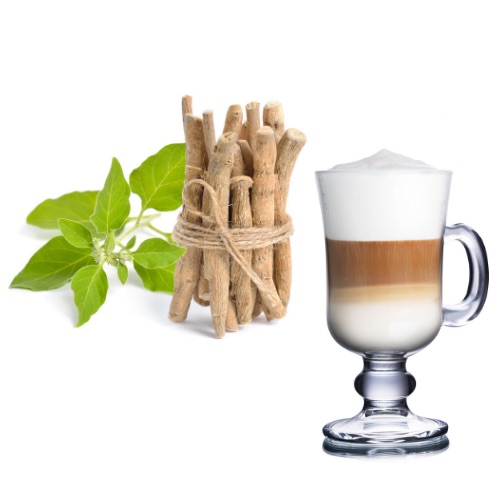Shatavari (Asparagus racemosus ) is recommended in Ayurveda to increase lactation in new mothers. It is also a herb of choice when treating male and female infertility.
Related article Ayurvedic Vajikarana Herbs for Energy, Stamina and Strength
Shatavari (Asparagus racemosus ) has various health benefits for men and women. It is widely used in various ayurvedic preparations which are used to treat the health condition of men and women
This herb belongs to the family Liliaceae and grows throughout Nepal, Sri Lanka, India, and the Himalayas. It is a climber which grows up to 2 meters. It is also known by other Sanskrit names Shataveerya (It is highly potent), Bahusutha (It nourishes many children by promoting lactation), and Atirasa. The roots of this herb are rich in medicinal properties and are regularly used in the preparation of ayurvedic medicines.
Table of content
Helps to build sexual stamina and energy in men
Helps in BPH (prostate enlargement )
Helps in PCOS or PCOD in females
Helps in Breast Enlargement and boost lactation
Strengthens respiratory system
As Brain tonic and memory booster
Reduces Inflammation of joints and Pain
Helps to build Sexual Stamina and Energy in Men
Shatavari is eulogized as “Vrushya (aphrodisiac)” by Ayurveda acharyas. It is a vajikarana herb that helps to strengthen Shukra dhatu in men and is the best ayurvedic treatment for erectile dysfunction and premature ejaculation. Since it strengthens shukra dhatu, it helps to improve testosterone levels.
Its aphrodisiac activity s mentioned in a research paper. ( 1 ) . It is said to increase penile erection and hardness. This herb is used along with ashwagandha, kapikacchu (mucuna), safed musli , Shilajit , gokshura, and vidarikanda to boost sexual energy and stamina in men.
This herb has adaptogenic effects ( rasayana) and has been admired as “Ayushya ( improves life span), Vaya Sthapani ( slows down aging process), and Rasayanavara ( acts as an adaptogen)” since it helps in rejuvenation. It acts as an anti-aging herb and boosts immunity. Shatavari is generally used in many ayurvedic immunity-boosting medicines like chyavanprash. This herb is used along with amla (Indian gooseberry), ashwagandha, Raisins, and Grapes in ayurvedic medicines for immunity boosting.
Improves Fertility in Men
It also boosts fertility in men and it is recommended for ayurvedic treatment for male infertility. This herb is commonly used in ayurvedic Vajikarana Therapy. This herb is praised as “Retodoshahara” which means, it purifies unhealthy semen and makes it healthy. It improves sperm quality and quantity.
Textbooks of Ayurveda Eulogise this herb as “Shukrala”. Shukrala means the one which increases shukra dhatu in men. According to the principles of Ayurveda, Shukra dhatu is an important tissue that nourishes and improves sperm health. An increase in the quality of shukra dhatu, helps to boost sperm count and motility. Hence this herb is recommended for conditions like low sperm count; low sperm motility and less ejaculate volume.
Helps in BPH (prostate enlargement )
Men above 40s usually experience enlargement of the prostate, which is commonly known as BPH or Benign Prostatic Hyperplasia. Due to this condition, they experience Klaibya or erectile dysfunction. Since this herb has anti-inflammatory, anti-tumor, and aphrodisiac properties, it helps men to fight BPH and its other symptoms.
Helps in PCOS or PCOD in females
Ayurveda scholars recommend using this herb in female infertility. It improves the health of the uterus and ovaries. Hence it has been appreciated as (garbhaprada) . It is used in ayurvedic medicines and treatment for PCOS or PCOD. In women, it checks repeated abortions and irregular menstrual bleeding. Shatavari is used to correct the hormonal influence and enhance follicular maturity ( 2 )
Helps in Breast Enlargement and boosts lactation
It is also praised as “Stanyada” as it increases breast milk in lactating mothers. Almost all ayurvedic preparations used for breast milk increase contain this herb as a major ingredient. It also helps and supports the involution of the uterus and in normalizing bleeding after delivery. Since ancient times it is highly recommended for lactating mothers as it increases the volume of breast milk and also improves the nutritive aspect of breast milk.
This herb also helps to increase breast size.
According to research findings (3)
“Evaluation of the galactagogue action of the roots of Asparagus racemosus Willd. during clinical trial on lactating mothers having symptoms of deficient lactation exhibits significant galactagogue activity in comparison with the control group without any significant acute toxicity effect. A probable reason for this galactagogue effect could be the presence of steroidal saponins in this plant. This drug has been scientifically validated for its galactagogue activity by using modern parameters such as the prolactin hormone which is biochemically responsible for lactation and also other associated symptoms. The overall research findings corroborate and validate the galactagogue activity of the research drug, which has been traditionally ascribed to it in the ancient text Charak Samhita.”
Strengthens respiratory system
It is recommended to strengthen the respiratory system in persons who are suffering from tuberculosis, asthma, bronchitis, chest injury, and lung infections. ( Kshataksheenahara , Kshayajit ). It can be administered with triphala (amalaki, haritaki, and vibhitaki) to improve the health of the respiratory system.
Improves healthy body weight
The roots of this herb are nourishing and help to improve strength and healthy body weight. Hence it is recommended in Brumhana therapy or ayurvedic weight gain treatment. Usually, this herb is processed with ghee, jaggery, ashwagandha, and bala (sida cordifolia) to increase healthy body weight.
Used as a Brain tonic and memory booster
Shatavari is honored as “Medhya” which means the herb which improves memory, concentration, and intelligence. It is recommended to use along with yashtimadhu (licorice), mandooka parni (gotu kola), milk, and ghee. It is the best ayurvedic memory and concentration booster
Along with memory-boosting it also helps to enhance the health of the eyes, hence it is praised as Chakshushya (good for eyes and useful in diseases of the eye)
Reduces Inflammation of joints and Pain.
This herb has anti-inflammatory (shophajit) properties. Hence the oil prepared using this herb is used for body and head massages , in conditions like arthritis where there will be joint pains, weakness of muscles (mamsa dhatu), stress-related headaches, and body pain.
The ghee preparation of Shatavari (shatavaryadi Ghrita) is used in panchakarma treatment. Memory loss, epilepsy, joint pains, arthritis, etc are treated using this ghee.
Other Uses
This herb helps to reduce acidity, indigestion, and irritable bowel syndrome (IBS). Ayurveda acharyas recommend this herb to treat high blood pressure, urticaria, and skin rashes.
The above said medicinal plant helps to improve heart health. It is very useful in conditions like urethritis, cystitis and UTI . (Conditions in which a person experiences difficulty to pass urine)
It is praised as “asrajit” which means it helps to win against diseases that arise from an imbalance of rakta dhatu (blood).
It is also useful in diseases that occur due to an imbalance of rakta and pitta. Bleeding from the nose, increased vaginal bleeding during menstruation, bleeding from the rectum, etc.
Ayurveda acharyas recommend this in abdominal tumors, BPH or Prostate enlargement, and diarrhea
Ayurveda Health Benefits of Shatavari
Health benefits and uses of Shatavari are explained as follows in texts of Ayurveda
The pharmacology of Ayurveda describes this herb as heavy to digest (guru) and it contains more moisture (snigdha). It is sweet ( madhura rasa ) and a little bitter to taste (tikta rasa). The sweet taste remains even after digestion (Madhura Vipaka). It is cold in potency (sheeta veerya).
Shatavari mitigates Vata dosha and pitta dosha. Hence it is used in diseases that originate due to vitiation of these two doshas.
The following health benefits of Shatavari have been reviewed at the US National Library of Medicine National Institutes of Health Search database (2)
It has various names in Indian languages.
In Hindi Satavare
English – buttermilk root, climbing asparagus, wild asparagus,
kannada – Halavu Makkala Tayi Beru
Tamil Name- Sadavare,
Marathi & Gujrathi Name- Satavari
Assamese name : satomul
Bengali name – : satamuli,
Gujarati name – : shatavari
Malayalam: sathavari
Manipuri: nunggarei
Oriya: vari,
Punjabi: chhotta kelu,
Author –Dr.Savitha Suri
Call us at +91 9945995660 / +91 9448433911
WhatsApp + 91 6360108663/


